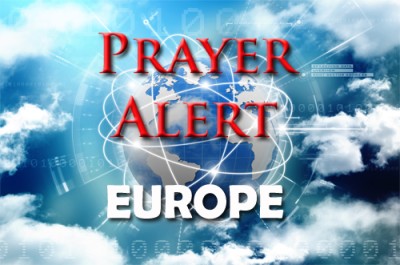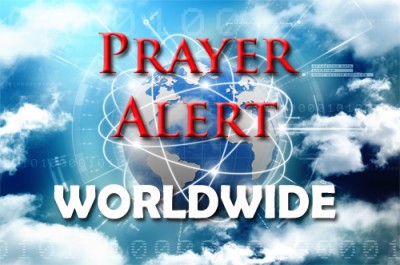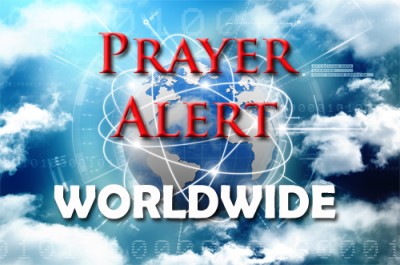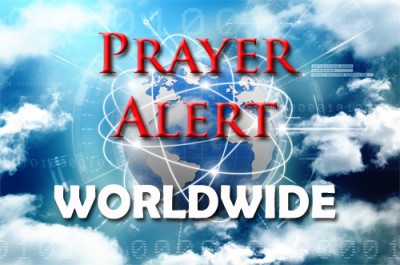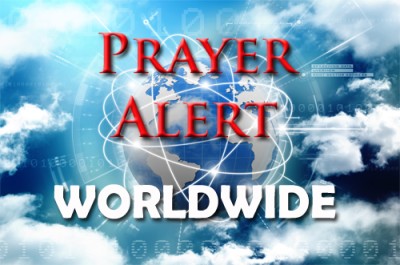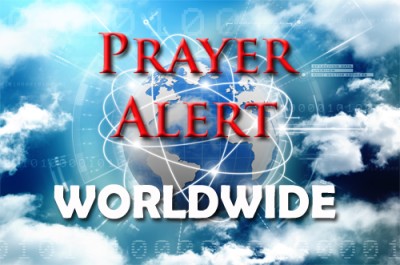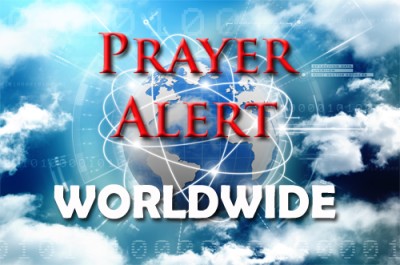The Arctic occupies a central place in Vladimir Putin’s strategic thinking, combining vast natural resources with critical military importance. Russia controls more than half of the Arctic coastline and sees the Northern Sea route as a future rival to the Suez Canal, especially as melting ice opens new shipping lanes. Western sanctions since the invasion of Ukraine have increased Moscow’s reliance on Arctic energy exports and on China as an investor and customer. At the same time, climate change threatens Arctic infrastructure built on thawing permafrost, raising risks of environmental disasters and disease. Militarily, the region underpins Russia’s nuclear deterrent, with key submarine bases on the Kola Peninsula protected by layered defences. Yet NATO’s growing presence and China’s expanding role complicate Putin’s ambitions. The Arctic promises power and prestige, but it is also increasingly unstable and contested.
As Donald Trump warns Iran that ‘time is running out’ for a nuclear deal (see ), and with US forces reportedly preparing for strikes on Iran within days, the consequences are far from clear. Limited ‘surgical’ attacks could hit Revolutionary Guard facilities, missile sites and nuclear infrastructure, but hopes for a rapid transition to democracy look highly optimistic, given past interventions elsewhere. Another scenario is the regime surviving but moderating its behaviour, though Iran’s leaders have historically resisted change. Many observers fear a collapse followed by hard-line military rule, or worse, nationwide chaos and conflict involving ethnic minorities. Iran has vowed retaliation, which could take the form of missile and drone attacks on US bases or warships, or mining the Strait of Hormuz, which is a vital shipping ‘chokepoint’, especially for global oil and LNG. Iran’s Arab neighbours, all US allies, are understandably jittery that Iran could attack them. The most dangerous scenario is escalation into a wider war with no clear end-state and severe regional and economic fallout.
Two agents have been placed on administrative leave following the fatal shooting of Alex Pretti, a 37-year-old intensive care nurse, in Minneapolis on 24 January. The killing has sparked protests, national outrage, and calls for accountability within the Department of Homeland Security (DHS). Initial official claims that Pretti was brandishing a gun have been questioned after video analysis found no weapon visible. A preliminary report states the shooting occurred during a physical struggle, contradicting earlier statements. The incident comes as protests continue over the federal immigration crackdown. Minneapolis mayor Jacob Frey has clashed publicly with Donald Trump over immigration enforcement and rhetoric, while another critic, Representative Ilhan Omar, who was attacked in a public meeting on 26 January, has blamed Trump for increases in threats against her. With tensions running high and investigations continue, lawmakers are considering impeachment proceedings and removing funding for DHS in spending legislation which Congress must pass to keep the government from shutting down on 1 February. For an example of the heavy-handedness of the federal approach, see
For reporter Haru Mutasa, covering climate change stories was not part of the plan, yet one assignment led relentlessly to another. A routine trip to Kenya’s Mandera County revealed a devastating drought along the Kenya–Somalia border. Dry riverbeds, starving camels and burned livestock graves told a grim story. Communities depended on infrequent water deliveries, sharing muddy water with animals. Pastoralists like Mohamed Hussein had lost most of their livestock, struggling to keep families alive. After leaving Kenya, Haru thought the story was over. Instead, heavy rains and floods swept across southern Africa. Soon she was deployed again, this time to Mozambique. In Maputo, neighbourhoods lay submerged in filthy floodwaters. Further south, highways had disappeared underwater and farmland had vanished beneath rising rivers. With dams upstream full, more flooding threatens. While the world looks elsewhere, these communities remain, facing a climate crisis that refuses to pause.
More than a hundred people held as political prisoners in Venezuela have been freed, according to the human rights group Foro Penal (FP). Among them were FP lawyer Kennedy Tejeda and communications student Juan Francisco Alvarado. Tejeda, a lawyer and human rights defender, had disappeared after visiting detainees in Carabobo state on 2 August 2024 to provide legal assistance, and had since been held in Tocorón prison. While welcoming his return to his family, FP also urged the government to publish official release lists. Acting president Delcy Rodríguez promised to release prisoners detained under Nicolás Maduro following his refusal to concede the 2024 presidential election. She said this marked the beginning of a ‘new political moment’ which allowed greater political and ideological diversity. According to FP, there were 777 political prisoners in Venezuelan jails as of 19 January.
The recent decision to remove China’s two most senior generals, Zhang Youxia and Liu Zhenli, and place them under investigation has prompted intense speculation. Zhang was the highest-ranking military figure in the Communist Party, while Liu oversaw key operational command structures. Although the suddenness of their dismissal surprised observers, China’s opaque political system makes firm conclusions difficult. Official statements cite serious disciplinary and legal violations, consistent with Xi Jinping’s long-running anti-corruption campaign within the military. Corruption in procurement and appointments has led to the investigation or dismissal of dozens of senior officers in recent years. While some analysts suggest internal disagreement or damage to military confidence, there is little evidence the moves threaten Xi’s authority. Nor is it clear they weaken or strengthen China’s military capabilities, including regarding Taiwan. Instead, the dismissals probably reflect an intensified drive to enforce discipline and reshape military culture ahead of long-term national planning.
Once homeless and living on the streets, Rodgers Oloo Magutha now shares his modest home with rescued birds in Kenya. Growing up near Lake Nakuru, surrounded by rich birdlife, he found his childhood curiosity growing into a lifelong calling. Over the years, he has rescued and cared for more than twenty bird species, including kites, owls, storks, crows and pigeons. Many arrive injured, starving or trapped, and he nurses them back to health before releasing them into the wild. His work fills a critical gap in a country with few wildlife rehabilitation centres. The challenges are constant: limited space, lack of veterinary training, scarce food and public misunderstanding, with some even accusing him of witchcraft because of his close bond with the birds. Yet Rodgers continues, motivated by compassion and wonder. His dream is to establish a legal, well-equipped bird rescue shelter, so that more vulnerable creatures can be healed and returned to freedom.
Atheist filmmaker abandons unbelief for Jesus
22 Jan 2026A growing spiritual awakening among Gen Z and Millennials is reflected in the testimony of filmmaker Michael Ray Lewis, a former atheist who has now turned to Christ. He says his unbelief was shaped by unanswered objections about evolution, evil, and judgment, reinforced by atheist media portraying Christianity as intellectually bankrupt. Determined to disprove his wife’s renewed faith, he began attending church and revisiting Christian claims. What started as resistance slowly turned into curiosity as Lewis discovered thoughtful responses to his questions and positive evidence for God’s existence. Scientific insights, particularly from astrophysics, challenged his assumption that faith and reason were incompatible. After several years, he realised that his remaining objections were rooted not in evidence but in unwillingness to believe. In 2016, he surrendered his life to Christ. Leaving behind his horror film career, he felt called to serve God creatively and produced the documentary Universe Designed, presenting compelling scientific and philosophical evidence for an intelligent Creator.
